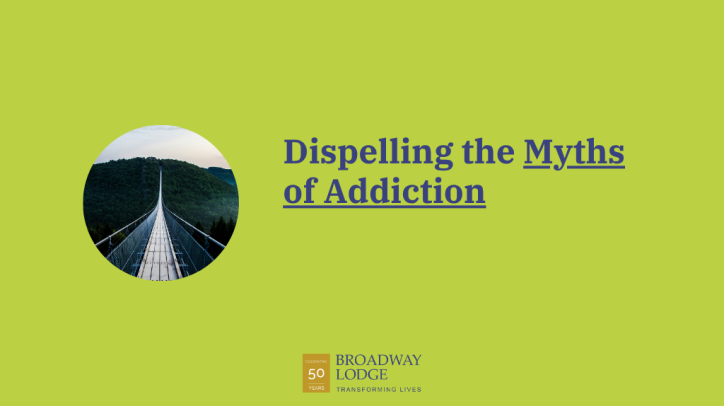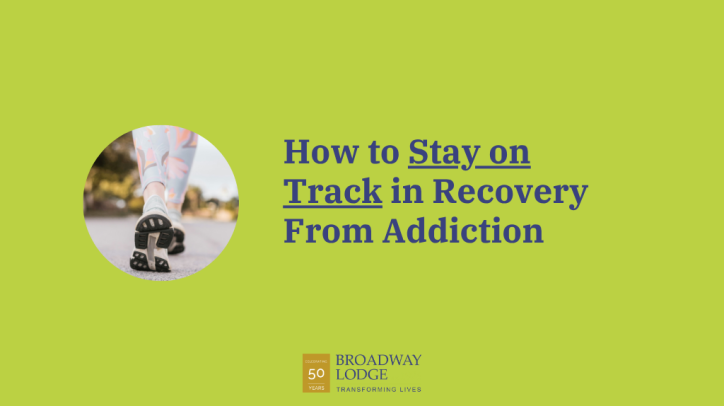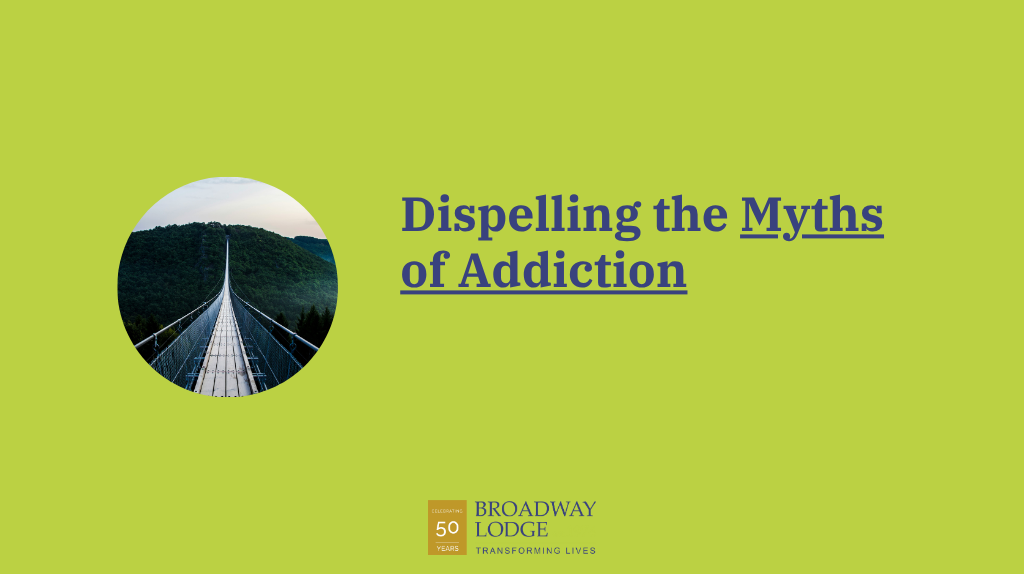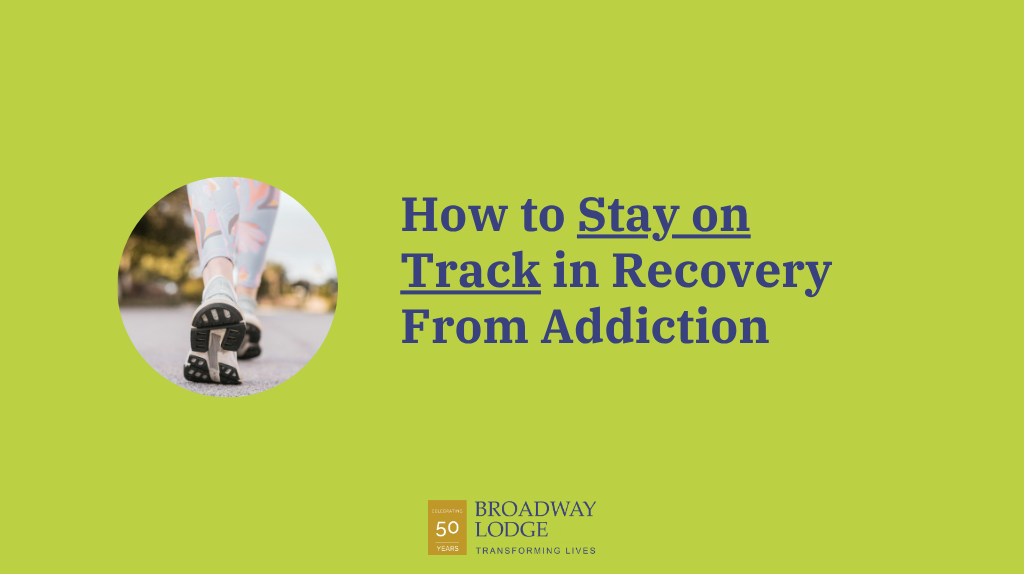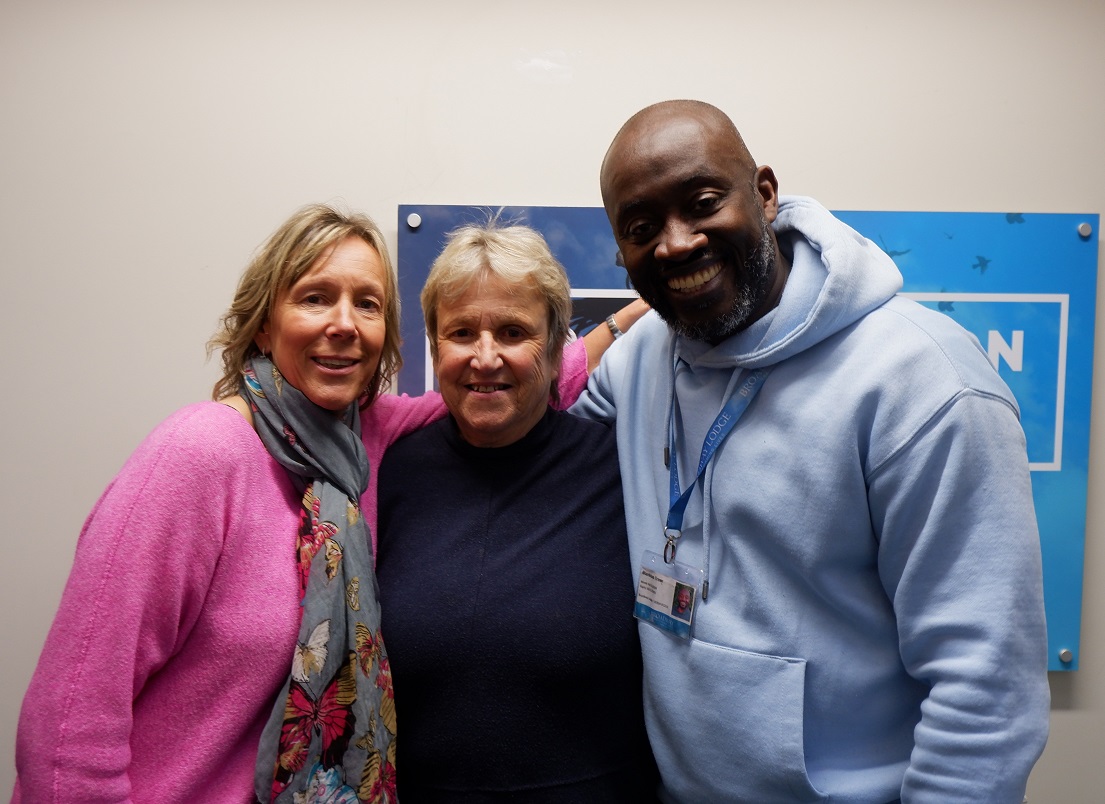It has never been easy beating an addiction. Treatments and methods are as varied as the individual sufferers concerned. However, one of the best known methods – the 12 step programme – has endured and become one of the most popular and successful ways of overcoming addiction.
At a time when drug, alcohol and other addictions are afflicting so many people, it is no surprise that people are searching for an answer to successfully overcome this pernicious problem in society.
There are frequent and alarming reports of the prevalence of all kinds of substance abuse –sadly our health system can often struggle to cope. Only this month the press has reported that NHS hospitals in England are treating twice as many people with drug-related disorders as they did years ago and that in the last four years alone hospitals have seen a 13 per cent rise in admissions related to alcohol abuse.(1)
What is the 12 step programme?
The 12 step programme is a treatment for addiction that begins with abstinence and then maintains recovery through support and the sharing of experiences with others. Originally developed by Alcoholics Anonymous in the USA, and then first published in 1939 as a set of guiding principles, the 12 step method has now been adapted for recovery treatment for a variety of substances abuses. At its heart is a belief that alcohol or drug addiction is a long-term and progressive illness and that abstinence is the only solution.
Individuals joining the programme gradually work through the 12 steps over a period of time. The steps are grounded in self-examination, resolve and compassion – from Step 1 (‘Acceptance’) where the addict admits they have a problem, through to Step 6, accepting a willingness to change and eventually Step 12, having changed, reaching out to others who need help.
Key factors in the success of the 12 step programme
- Commitment – the 12 step programme requires the active commitment of the recovering addict to want to get better. This is a key factor in its success because any addiction treatment is more likely to succeed if the individual genuinely wants to change their behaviour.
- Coping skills – it equips sufferers with the coping skills to deal with any potential relapses. Relapse rates for addicts tend to be high because of the chronic nature of addiction. However, the 12 step programme encourages those suffering to carefully examine their lives, their former habits and its triggers, to have the best chance of staying clean.
- Behavioural support – Rather than just a reliance on medications, the 12 step approach focuses on a number of behavioural therapies that aim to retrain individual addictive habits, regardless of the substance concerned. This support can continue after the addict has left their rehabilitation centre or other intense treatment. Recovery is therefore able to continue and deepen while people get on with their lives.
- Passing it on – an addict who no longer drinks or takes drugs has the ability to reach out and help others who are in a similar situation. Attending regular meetings not only maintains the addicts own recovery but allows them to support others, giving added purpose to their own recovery.
- Personal responsibility – while professionals are on hand to guide and help, the general approach of the 12 step programme encourages a sense of personal responsibility. The rehabilitation process helps the individual identify root causes for their harmful behaviour so that they become pro-active in tackling their own addiction.
There are good reasons why the 12 step programme has been around for over 80 years now. Even those who are sceptical about some aspects (e.g. the spirituality element), can easily be accommodated in a more secular approach. Medical professionals have also acknowledged the benefit of the ‘self-help’ aspect of the programme and recommend such therapy as an option for alcohol dependency.(2)
Crucially, the 12 step programme is a proven addiction treatment which can be highly effective. When it is combined with treatment at a rehabilitation centre the chances are increased for achieving long-term abstinence.
At Broadway we believe in an abstinence-based approach to recovery and use the 12 step programme to help our clients sustain a long and healthy recovery. We have many former clients who have completed the 12 step programme and who have become great examples of what can be achieved – we’re so proud of them.
You can learn more about our 12 step programme from our ‘Reflections’ videos that can be watched here. They are a series of short films about recovery within the addiction treatment setting.
Sources
- Guardian. Admissions to hospital for drug-related mental health problems soar. 3 Mar 2018
- NHS. Alcohol Misuse. Therapy for alcohol dependency. Reviewed Nov 2015 (accessed Feb 2018)



